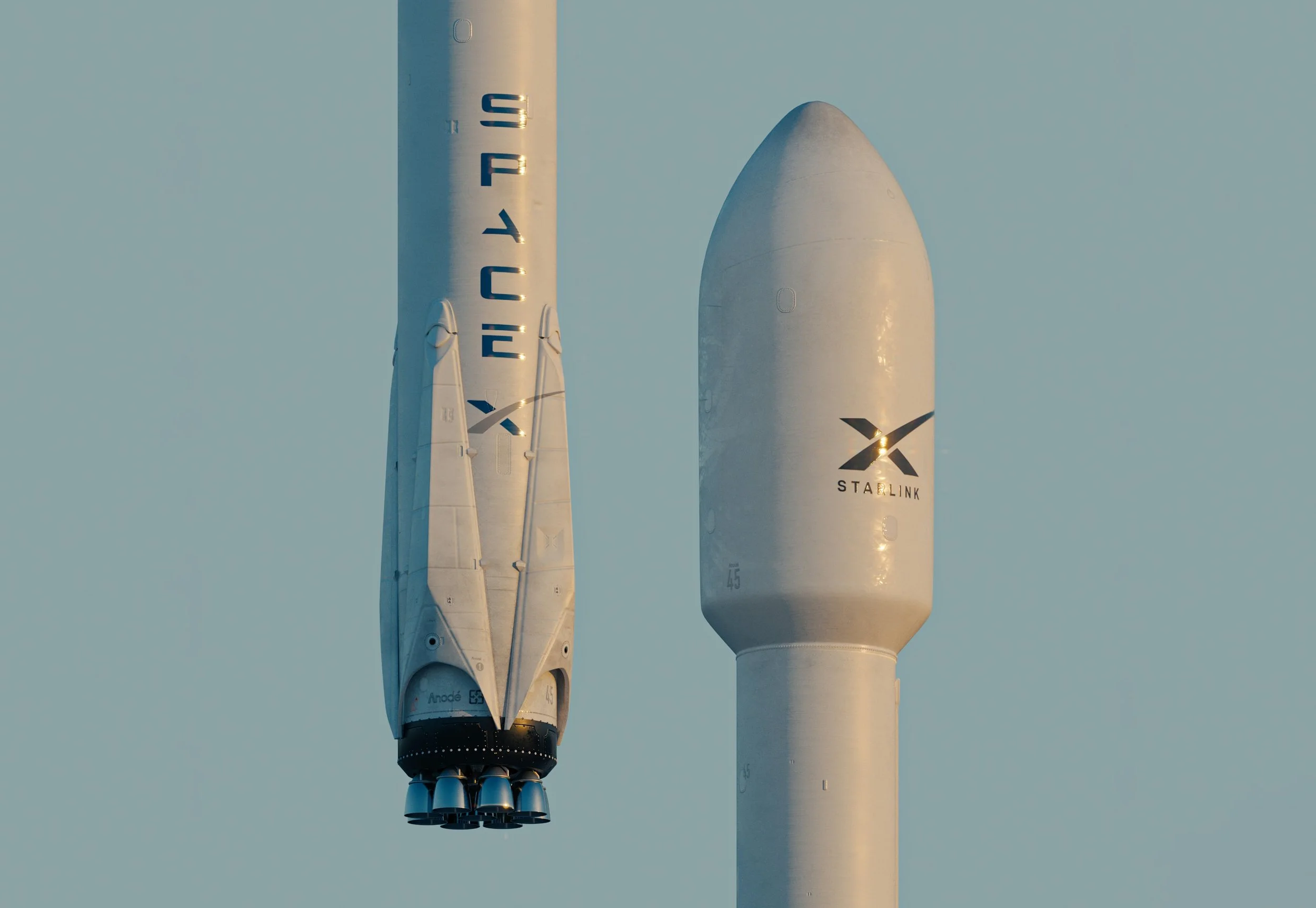How Elon Musk’s Starlink Will Change the Tourism Industry
Massive Global Connectivity and a New Age for Off-the-Beaten-Path Destinations
Introduction
I know, and i bet you also suddenly realize that Elon Musk and his Starlink project can have a profound effect even in the tourism industry. I guess, yeah, like nothing can escape the impacts created by Elon Musk, specially the areas that used to exist in complete isolation.
Imagine this: you're hiking through the forests of the Philippines, or exploring the vast waters of Pacific Ocean, staying connected to the internet 24/7. Thanks to Elon Musk's ambitious Starlink project, that dream is becoming a reality. In this article, we'll explore the profound impact Starlink will have on the tourism industry, giving remote and underdeveloped destinations the chance to thrive and compete on an equal playing field.
The Starlink Revolution
Elon Musk's Starlink, a project under his private aerospace company SpaceX, now provides high-speed internet access to an increasing number of countries drilling down to even the most remote corners of the globe. Whether it’s affordable or beyond the reach of most people, will depend on their respective standards of living. But by deploying a constellation of thousands of small satellites in low Earth orbit, Starlink will revolutionize global connectivity and bring the internet to places where it was once considered unimaginable.
The Tourism Industry's Game Changer
As a direct consequence of this new level of global connectivity, the tourism industry is about to experience a massive paradigm shift. Destinations that were once held back by their lack of internet access will have the opportunity to develop and attract tourists, leveling the playing field with popular tourist hotspots. Here's how Starlink will change the game for the tourism industry:
Discovering Hidden Gems
With increased internet connectivity, off-the-beaten-path destinations will become more accessible to curious travelers. As information on these hidden gems becomes widely available, they will receive more exposure, attracting adventurous tourists eager to explore unique and uncharted territories.
Empowering Local Businesses
Reliable internet access means that local businesses in remote areas can now market themselves online, reaching a global audience. From small eco-lodges in the Amazon to family-run guesthouses in rural places in Southeast Asia, these businesses will have the opportunity to grow and contribute to their local economies.
Promoting Sustainable Tourism
This may be pushing it a bit far, but Starlink's global connectivity could enable destinations to promote sustainable tourism practices. Remote areas can now showcase their environmental conservation efforts, and travelers can make more informed choices about where to spend their time and money. This increased awareness will help preserve the natural beauty and cultural heritage of these regions for generations to come.
Enhancing the Tourist Experience
High-speed internet access will greatly improve the overall tourist experience. Visitors will be able to share their adventures in real-time with friends and family back home, and access essential travel information such as maps, weather updates, and local tips. This will help travelers make the most of their trips and encourage repeat visits to these lesser-known destinations.
Getting offline to enjoy a vacation is no longer a mainstream option as the need to be connected has become a part of most people’s daily existence. If there are people who wear getting offline as their social badge, their number would be at the very end of the bell curve.
Keeping Families and Communities Intact
With equal opportunities on tourism development and market awareness, the locals who live in what used to be having zero or minimal livelihood and job opportunities, need not leave their families and communities. For me, this is actually the most profound impact of the Starlink. Community and cultural fibers will remain in so many destinations. Of course, the corresponding governments should make sure that the communities will be preparedd and protected from the impacts of tourism.
Boosting Infrastructure Development
The arrival of Starlink and increased tourism will drive infrastructure development in remote areas. Governments and businesses will invest in improving transportation, accommodation, and other amenities to cater to the growing influx of tourists, further enhancing the attractiveness of these destinations.
Be ready for the definite future
Elon Musk's Starlink is set to be a game-changer for the tourism industry. By democratizing global connectivity, it will give remote and underdeveloped destinations the chance to develop and attract tourists. As these hidden gems gain exposure, the tourism industry will become more diverse, sustainable, and inclusive.
It is still too early in the game, though as Starlink is yet to be implemented in many developing countries and the cost may be a factor not to buy into the service (ey, many devices can link to one starlink). But I see no other way it can make impacts to the tourism industry except this - profound.
